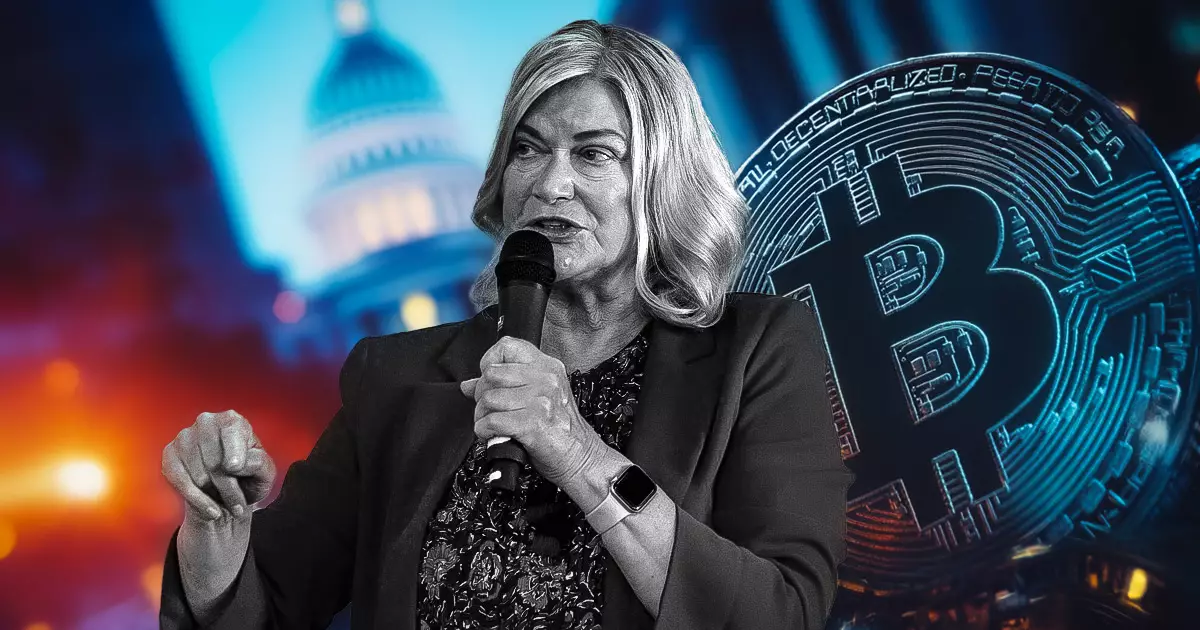The announcement of Senator Cynthia Lummis (R-Wyo.) as the inaugural chair of the Senate Banking Subcommittee on Digital Assets marks a significant moment in the intersection of politics and cryptocurrency. This new subcommittee aims to establish a robust regulatory framework that addresses the burgeoning field of digital assets, including blockchain technology and cryptocurrencies. With an increasing influence in the financial sector, digital assets necessitate legislative scrutiny, and Lummis’s leadership could signal a progressive approach to regulation.
Senator Lummis has long been an advocate for Bitcoin, portraying it as not just a currency but a foundational pillar for future financial innovation. In her statements conveying optimism about this new role, Lummis emphasized the urgent need for bipartisan legislation. Her vision expands beyond oversight; she advocates for proactive measures, aiming to solidify the United States’ position as a leader in global financial innovation. This vision includes the controversial idea of establishing a national Bitcoin reserve to enhance the dominance of the US dollar, effectively intertwining cryptocurrencies with traditional financial structures.
Under her chairmanship, the subcommittee plans to tackle critical aspects of digital assets, such as market structure and consumer protections, while also scrutinizing the actions of federal financial regulators. This oversight is essential, particularly in the context of guarding against perceived regulatory overreaches like “Operation Chokepoint 2.0.” Lummis’s aim is clear: to create an environment that supports innovation, rather than stifles it, by ensuring that new regulations are fair and conducive to growth.
The bipartisan nature of the subcommittee is pivotal for its potential success. Comprised of a diverse array of senators, including collaborators from both parties, the subcommittee seeks to engage in constructive dialogue surrounding cryptocurrency legislation. The inclusion of both Democratic and Republican representatives highlights a collective acknowledgment that digital assets are an integral aspect of modern finance that transcends partisan divides. This cooperative spirit fosters hope among industry advocates that substantial legislative progress can be achieved.
The cryptocurrency industry has responded positively to Lummis’s appointment, with notable figures expressing optimism about the legislative direction. Industry advocates view her leadership as a crucial step toward establishing meaningful regulations that could stand the test of time. The potential establishment of a Strategic Bitcoin Reserve, along with a comprehensive legal framework, could fortify the United States’ status as a leading innovator in the global financial landscape.
As Senator Lummis steps into her new role, the road ahead is paved with both challenges and opportunities. The establishment of a regulatory framework for digital assets is not a mere formality; it is a necessary evolution to ensure that the United States can effectively harness the benefits of blockchain technology. With her leadership, the hope is that Congress can cultivate an environment ripe for innovation while maintaining necessary consumer protections. The outcome of the subcommittee’s efforts could well define the future landscape of digital asset regulation in the United States.

